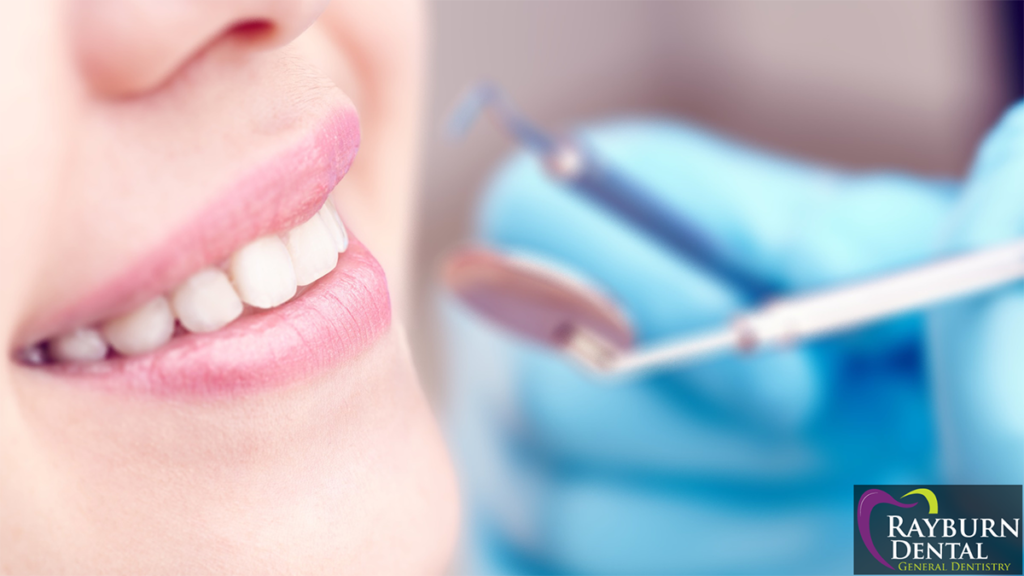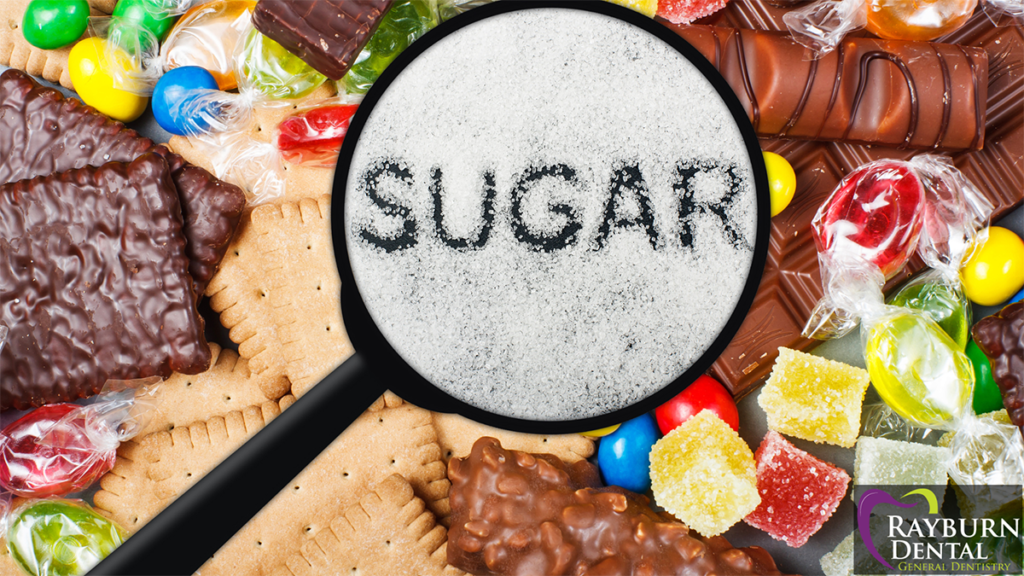How Important Are Regular Dental Visits?

Regular dental visits are crucial for maintaining and protecting your oral health. These visits help detect and prevent dental issues, such as tooth decay, gum disease, and oral cancer.
Dental visits are not just about cleaning your teeth; these visits also allow your dentist to catch a bad breath or dry mouth, check your fillings, detect cavities early, detect early-stage oral cancer, review your oral hygiene, and protect your overall health.
During a dental visit, the dentist will examine your teeth and gums to check for any signs of gum disease, tooth decay, and other dental problems. The dentist may also perform some examinations to identify issues that may not be visible to the naked eye. These examinations may include X-rays, an oral cancer screening, a thorough assessment of your teeth, and a review of underlying health problems.
Furthermore, a professional cleaning may be done during a dental visit to remove the plaque and tartar buildup from your teeth.
How Should You Prepare for a Dental Visit?
If you've finally decided to have a dental visit, you'll want to spend some time preparing. Planning can ensure that your visit will be more comfortable and practical.
First, choose a dental clinic and book an appointment. Here at Rayburn Dental, we have different appointments, such as consultations, new patient exams, new patient cleanings, and existing patient exams. Select a date and time that work well with your schedule.
Second, take some time to review your dental/medical history. Recall any health concerns that you may have had in the past. Sharing such information with your dentist will ensure your needs are adequately addressed.
Third, remember to brush and floss your teeth. Before your appointment, avoid eating sweets or anything heavy, as this can affect the result of your dental exam/visit.
And fourth, be sure to arrive on time. Arrive at the dental clinic a few minutes early so you can complete any necessary paperwork.
What Should You Do After a Dental Visit?
So, what's next for you after that dental visit? Your dentist will likely provide instructions on how to care for your oral health as well as your gums and teeth at home properly. Also, your dentist may prescribe some medications when necessary and recommend products to help maintain good oral hygiene. Ensure you follow all these instructions, as doing so can ensure long-term oral health.
In addition, keep yourself hydrated. This will keep your mouth clean and healthy and help you heal if you have an existing dental condition.
And, of course, schedule your next appointment. Doing this will keep your oral health on track and help you detect potential issues early.
Get Proper Dental Care in North Battleford, SK
Regular dental visits prevent dental issues and maintain good oral health. At Rayburn Dental, we're ready to provide the best dental care using the latest technology. We strongly believe that you deserve to wear a beautiful and healthy smile.
Contact us today or request a dental appointment to learn more about us and our services.
Can dental nerve damage heal?

Is it Possible to Cut Back on Sugar and Not Miss It?
This can be easier said than done, especially if eating sugary foods has become a daily habit. But if you’re eager to keep your smile in good condition, the sooner you take action, the better.
Sugars present themselves in different ways. When you scan product labels, they can appear as sucrose, fruit juice, fructose, glucose, and honey, among many others.
Check the labels to monitor your sugar consumption. Added sugars can be unnecessary and unhealthy, not only for your teeth, but for your general health as well.
What Do Added Sugars Do to Your Teeth?
Several events occur after consuming sugar. First, sugars attract bad bacteria. Harmful bacteria digest them and produce acids that attack the enamel.
The more sugar you consume, the more food your mouth is producing for bad bacteria. As bad bacteria multiply and spread, and acid levels rise, your risk of developing gum disease and cavities also increases.
Good dental hygiene habits are crucial to keeping sugars from lingering on the surfaces of teeth and serving as food for bad bacteria.
Tips for Reducing Sugar Intake
Reaching for dessert once in a while shouldn't be harmful. There are ways to reduce sugar intake and care for your oral health. Here are some tips you might want to consider:
- Say no to carbonated beverages. Minimize or avoid the intake of fizzy beverages, such as sodas. Switch to water instead to reduce your sugar consumption. Water is healthy for teeth. It helps stimulate saliva production, neutralize acid levels, and dislodge food deposits.
- Refrain from using table sugar. Do you add table sugar or refined white sugar to your drinks or recipes? Try to halve the sugar in your coffee, tea, cereal, pancakes, or any food you prepare. Once used to this decreased amount, you might not even notice the difference! Then, you can start reducing your sugar intake even further.
- Go for fresh fruits. Instead of settling for canned or dried fruits, pick fresh fruits instead. And add sliced fresh fruits to your cereal or oatmeal instead of canned or dried options. If you need canned fruits, drain the syrup to reduce excess sugar.
- Cut back on the serving size. If you’re into baking or cooking, minimize the amount of sugar in your recipe by half or try alternatives such as vanilla or almond extracts. These substitutes are less processed, offer stronger flavors, and can be healthier too.
- Avoid sugary treats. Limit your sugary treats, such as donuts, cakes, and pies. Pick healthier choices, such as dark chocolate and fresh fruits. You don’t have to get rid of desserts altogether. Instead, limit your consumption, avoid grazing throughout the day, and maintain good oral hygiene habits.
- Don’t store sugary treats. Avoid shopping for and storing sugary treats in bulk. Keep them out of sight so you can keep them out of mind. Avoid reaching for them when cravings kick in. Eat a filling, balanced diet to keep yourself full until the next meal.
- Skip sticky foods. Minimize consumption of sticky foods, such as hard candies, lollipops, and chips. These treats are chewed for a long time and stay in the mouth for an extended period. They buy time for bad bacteria to feed on sugars and produce acids.
See how your sweet tooth is affecting your smile, book a dental visit in North Battleford, SK, today.
How long has it been since your last dental visit? Is your sweet tooth making you worry about your oral health, or do you notice signs of cavities forming in your teeth?
If you need to see the dentist in North Battleford, SK, get in touch with us at Rayburn Dental.
Let’s set up a dental appointment for you. Receive professional advice on reducing sugar intake and protecting your oral health.
